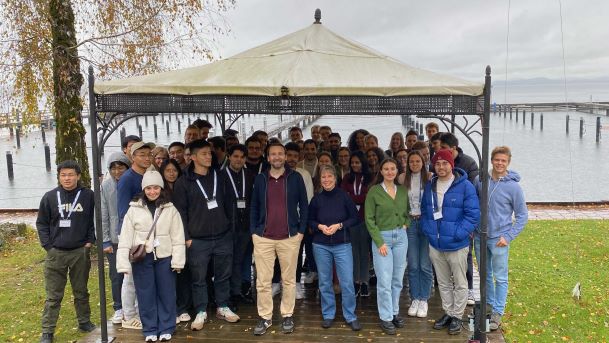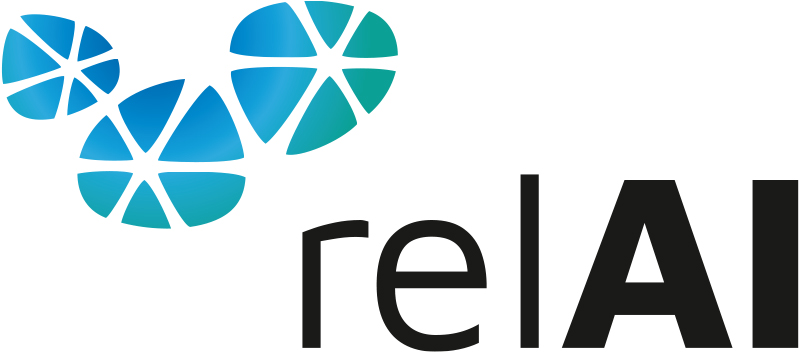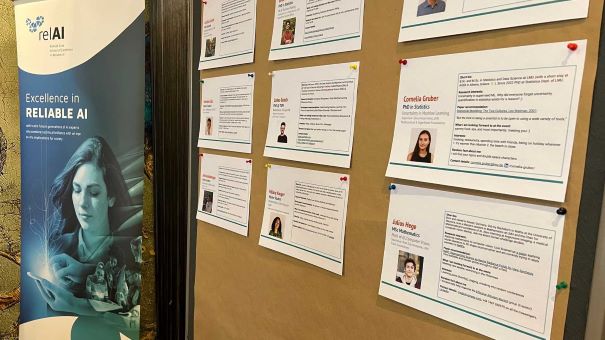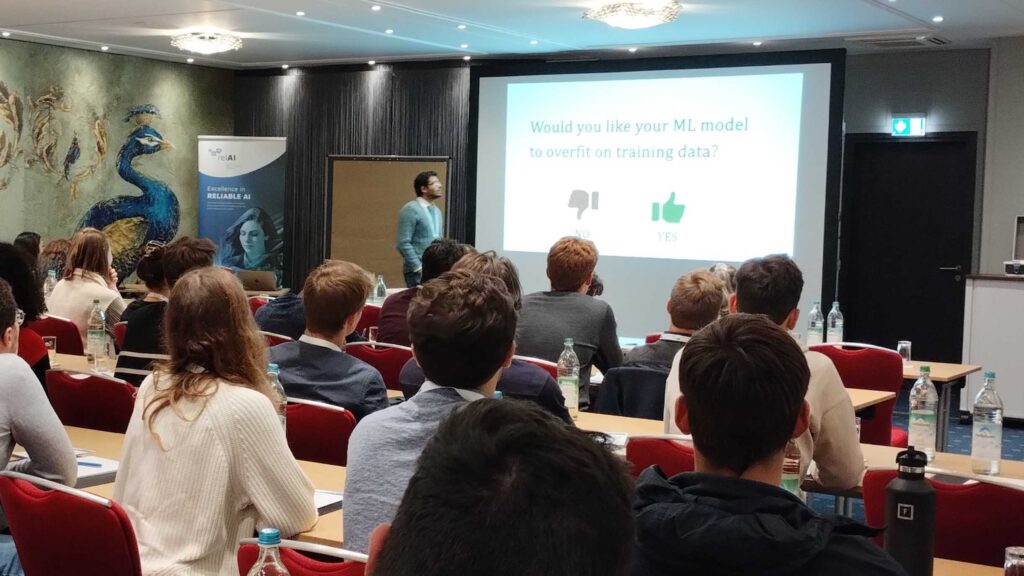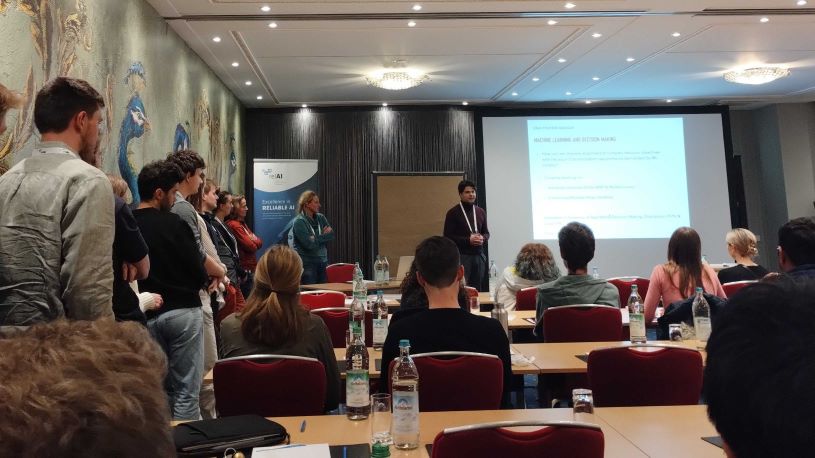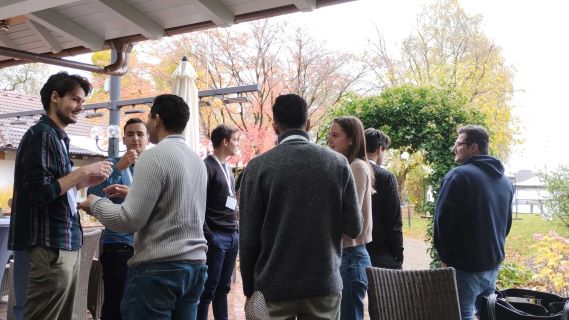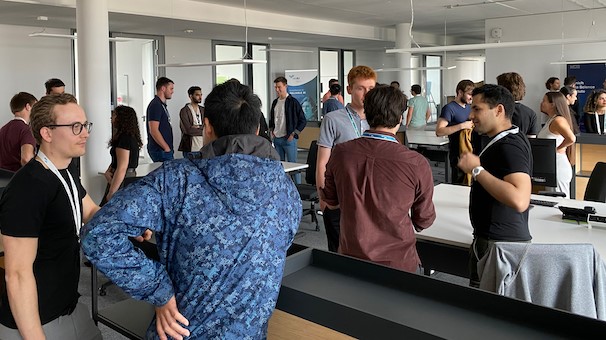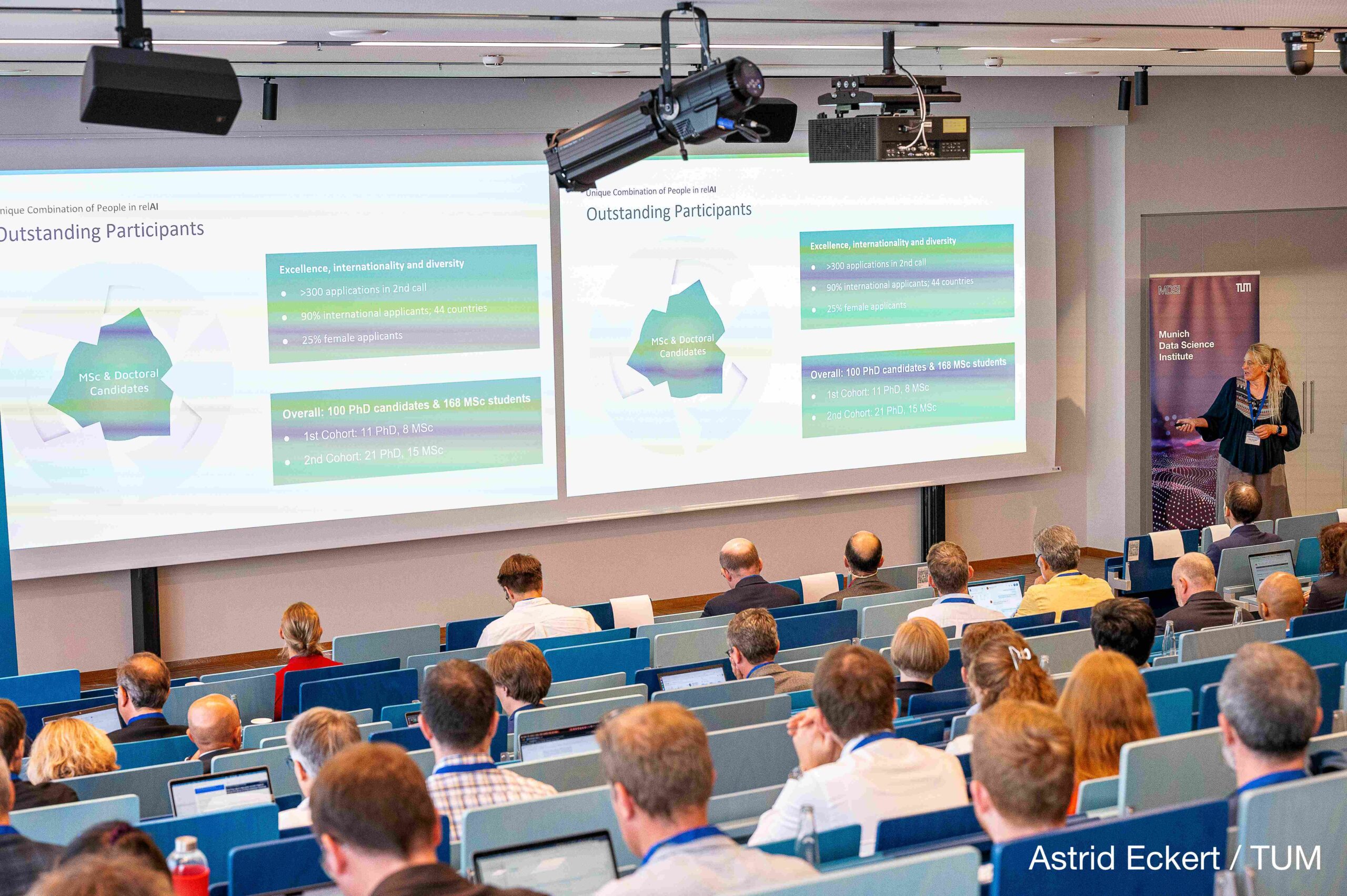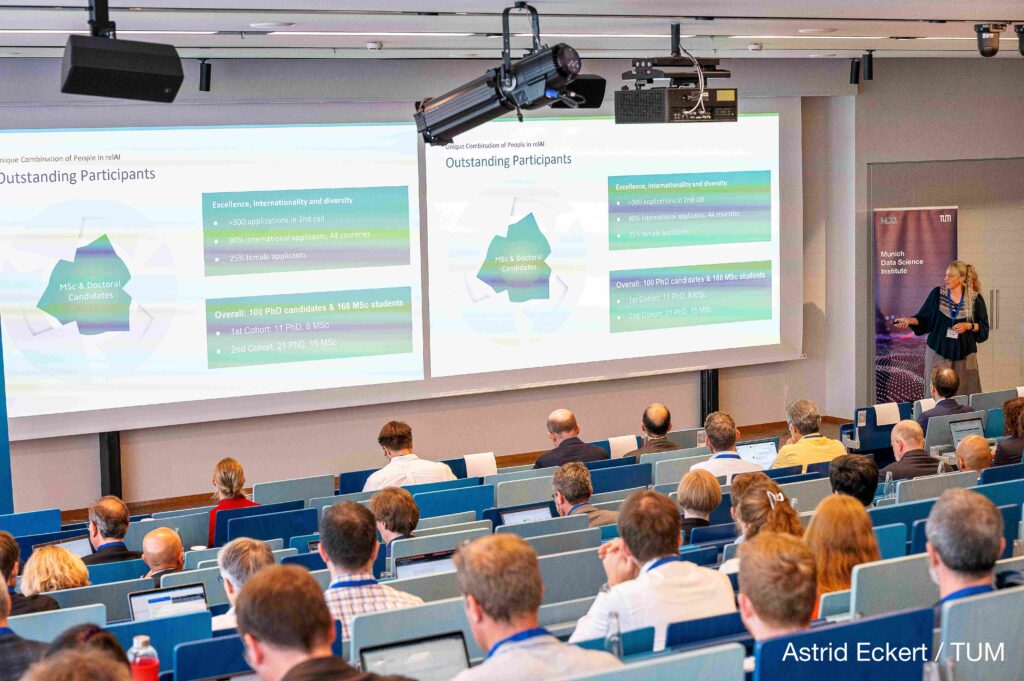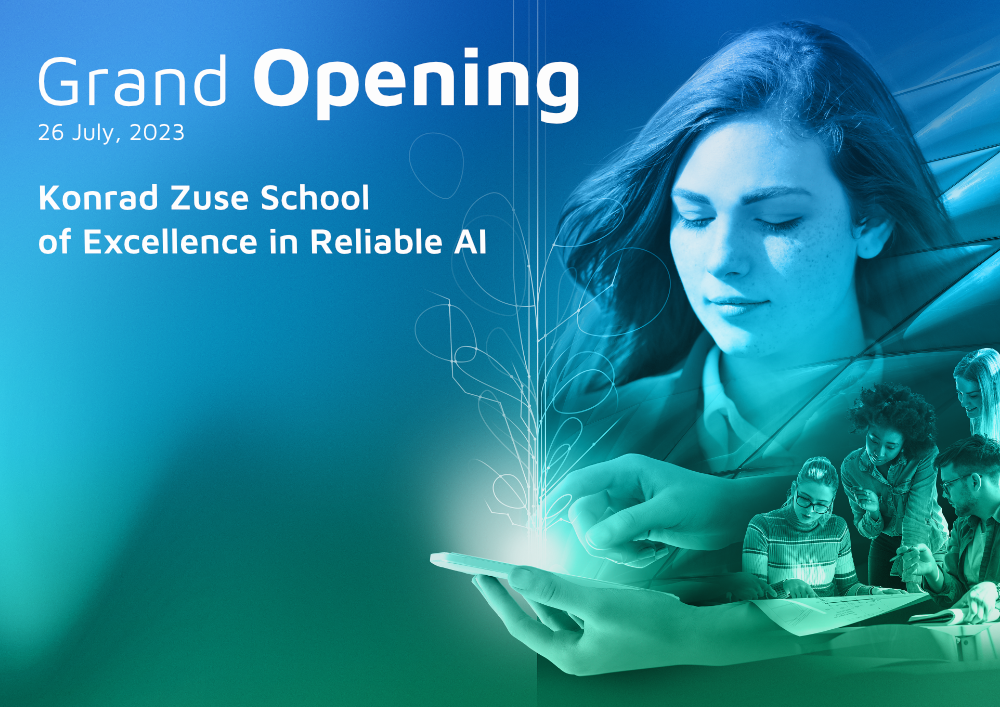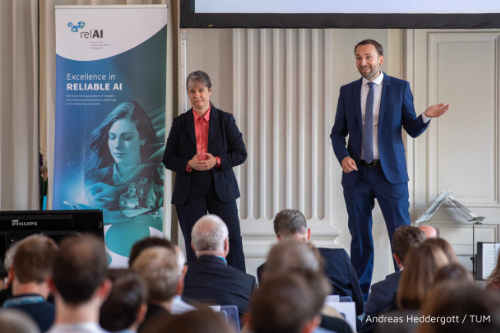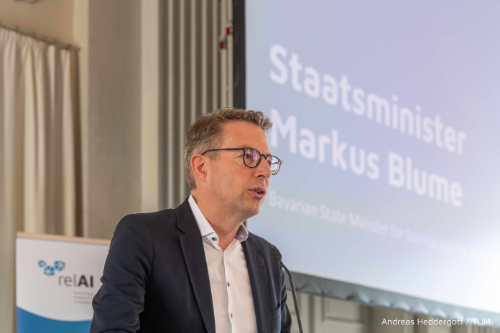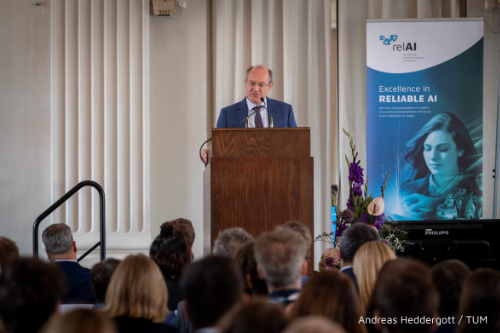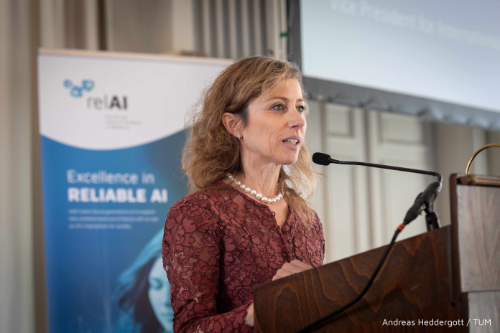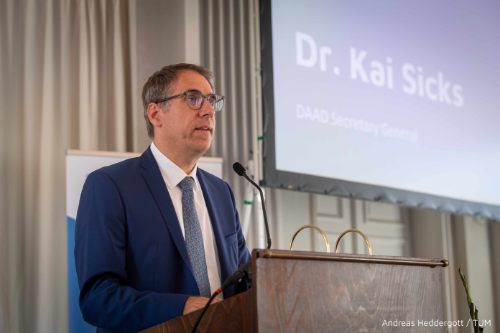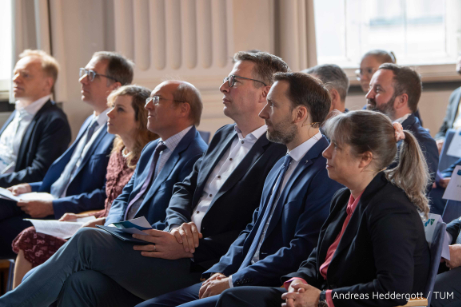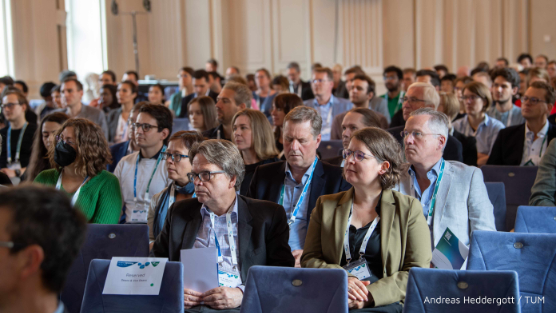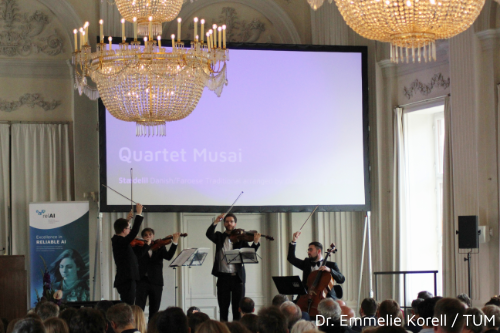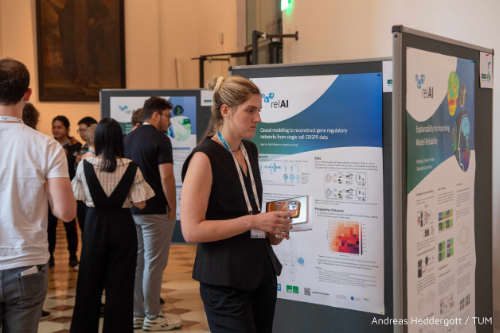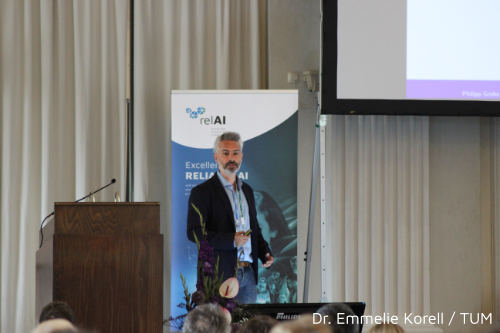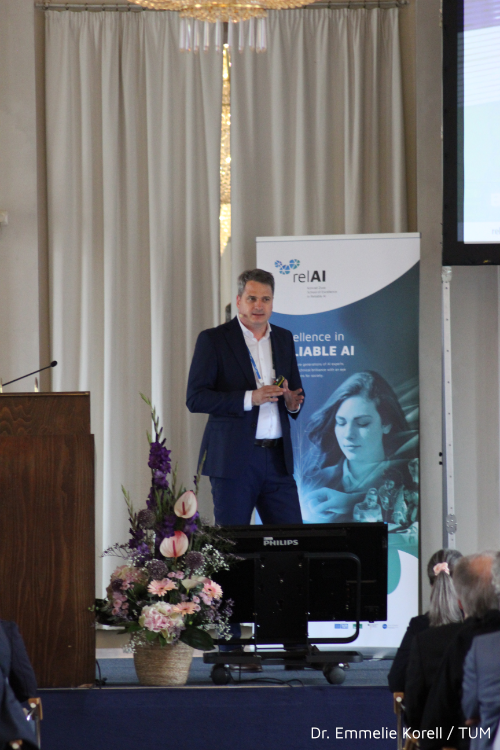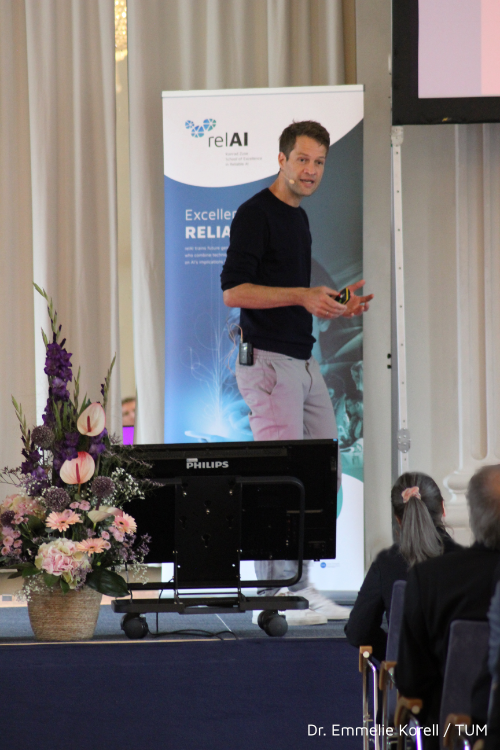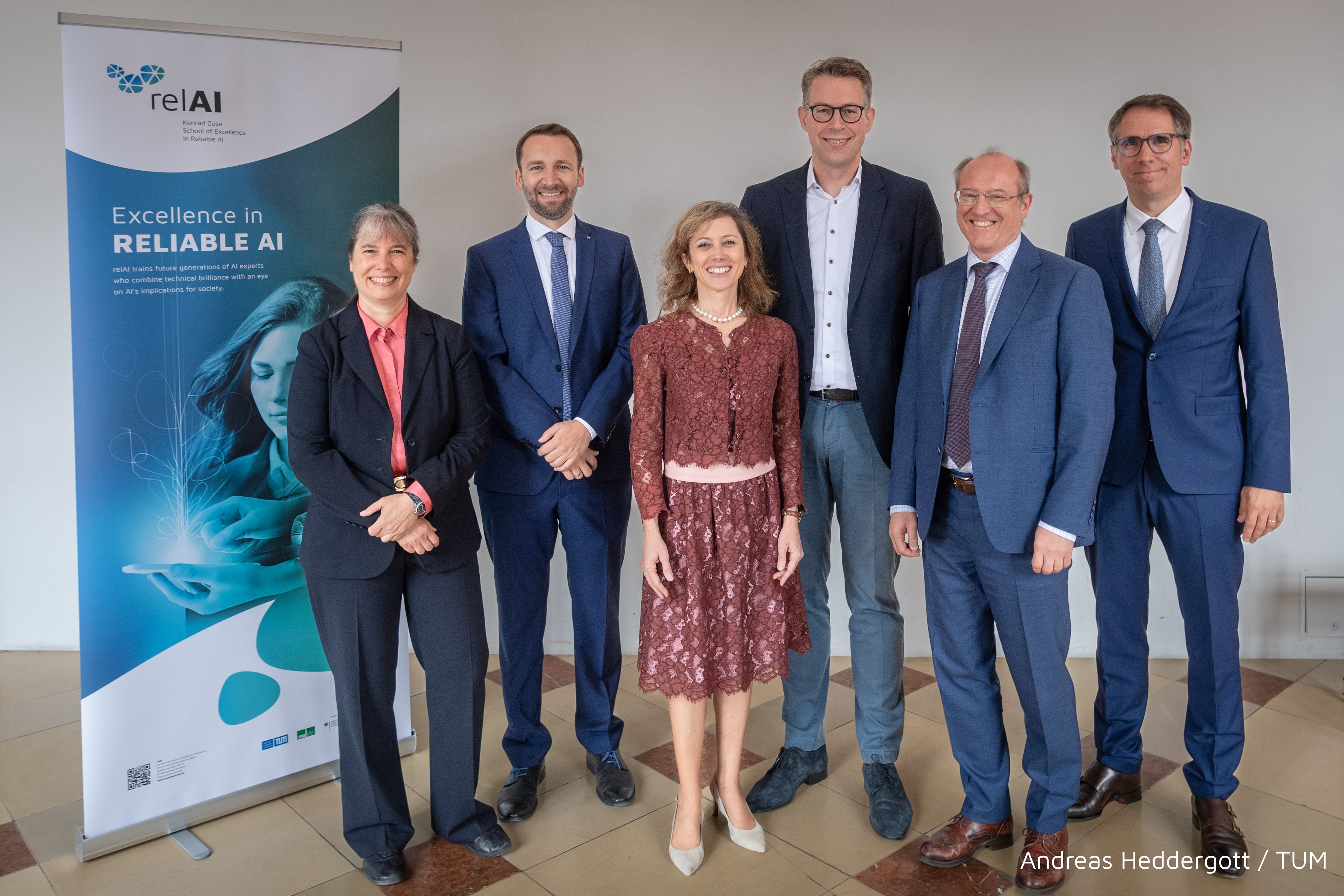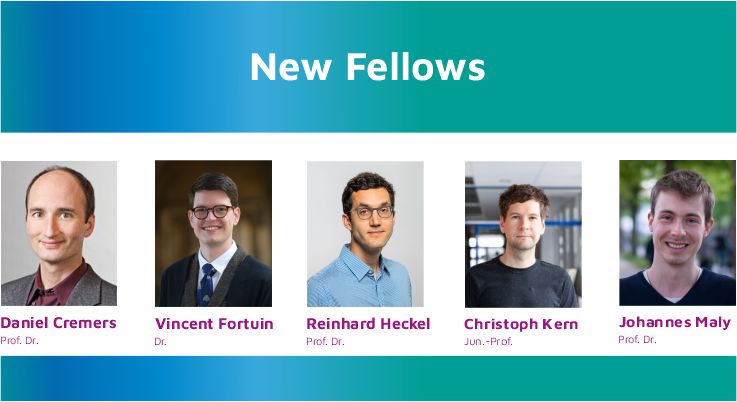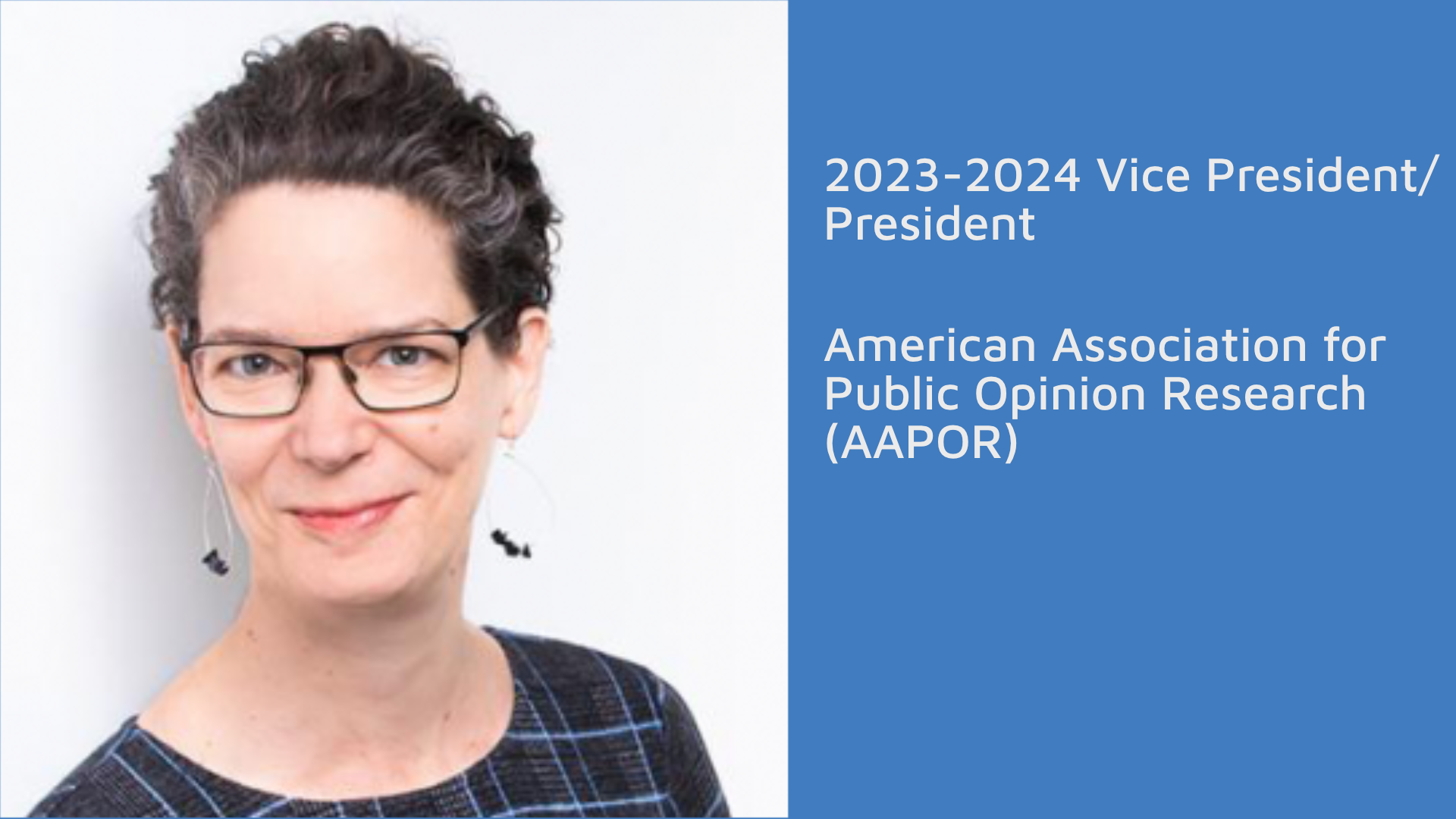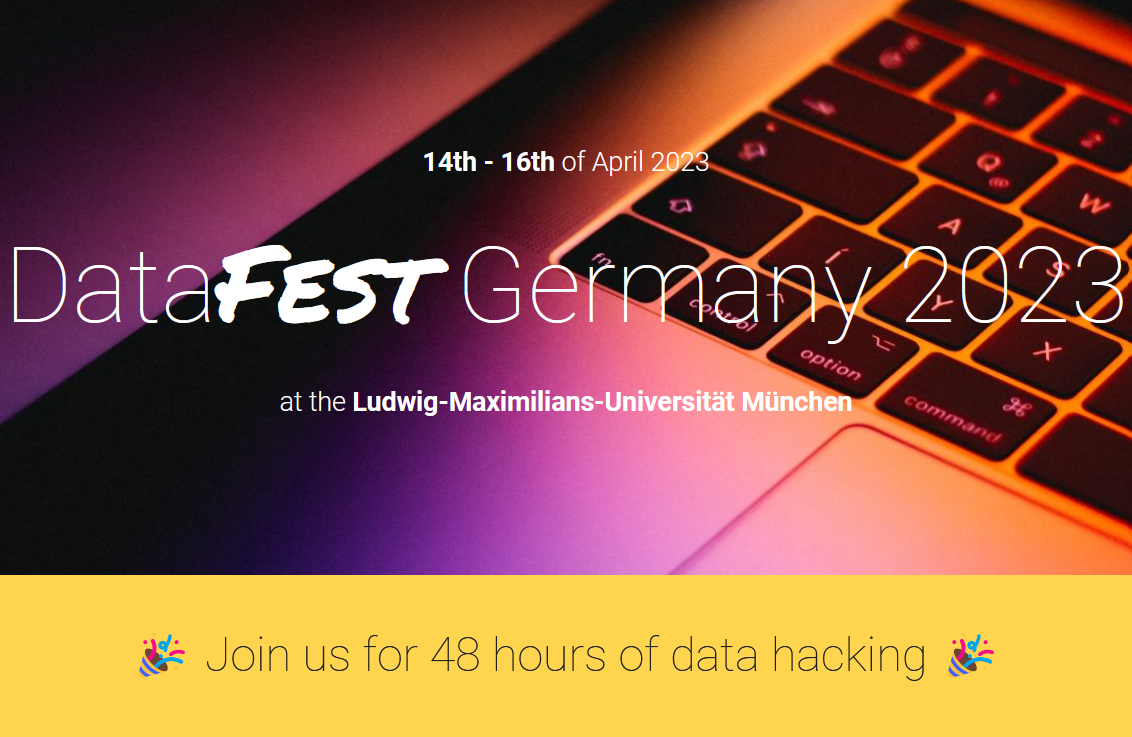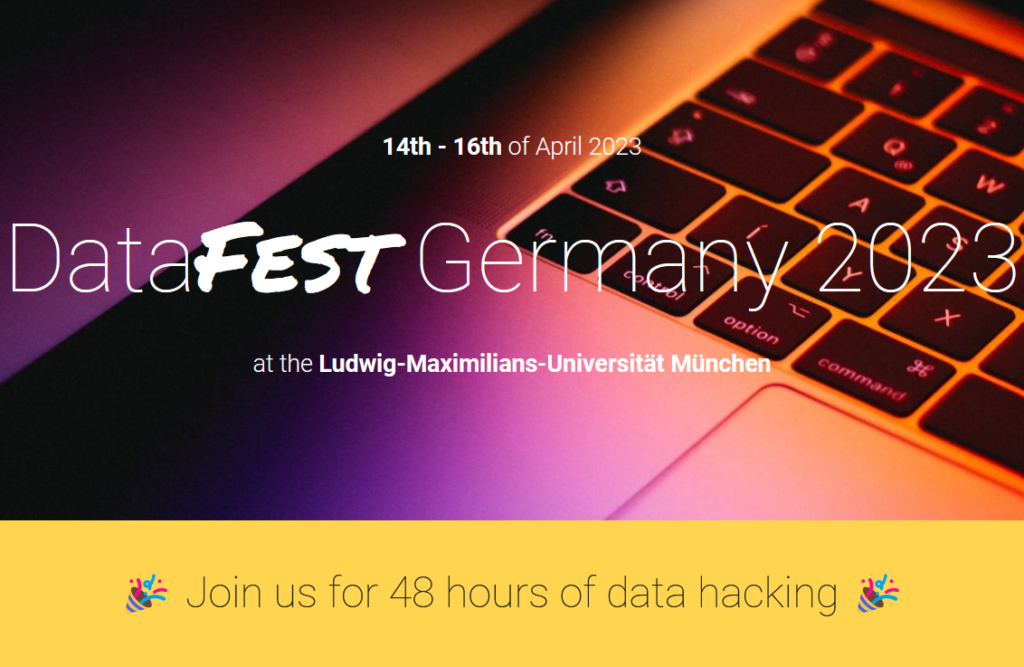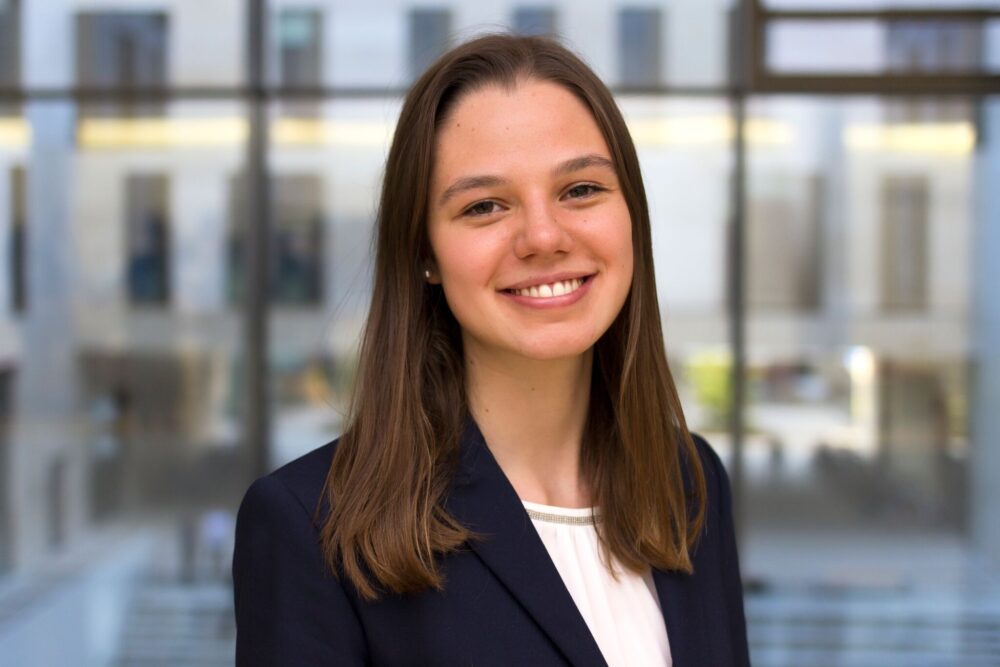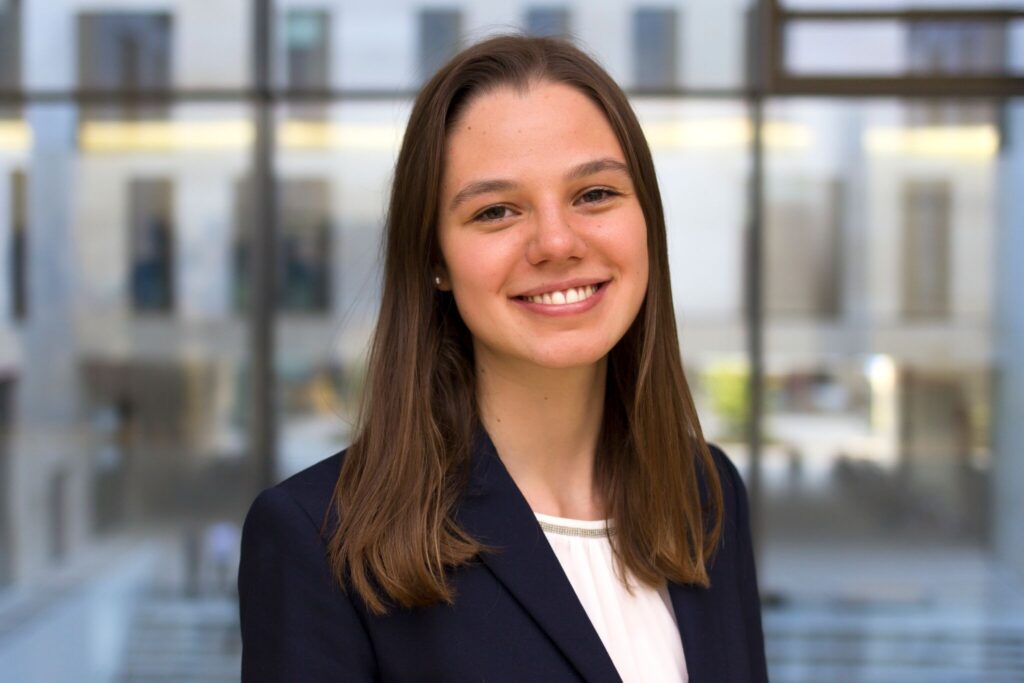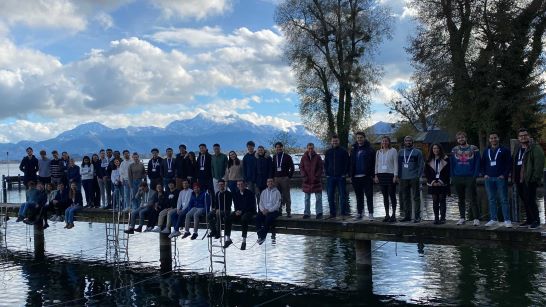
Day 2 of the 2023 relAI retreat combined inspiring keynote talks by relAI fellows Sandra Hirche (“Learning Controls with Guarantees”) and Johannes Maly (“Implicit regularization of training algorithms and resource efficiency”) with more sessions of lightning talks and two rounds of group discussions, a new activity introduced for the first time during this year's retreat.
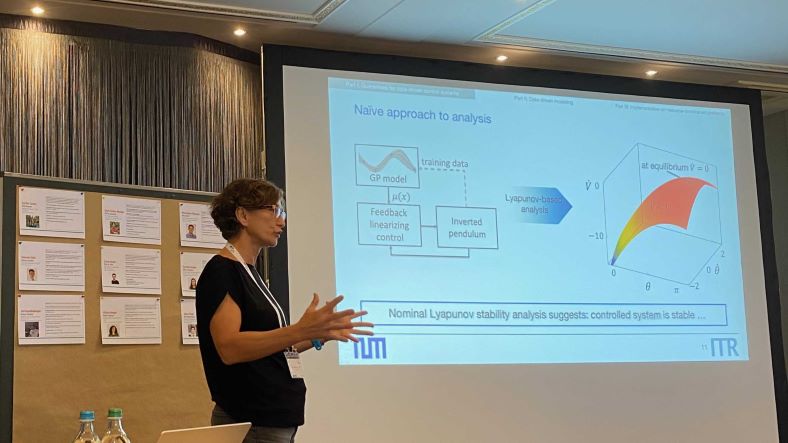
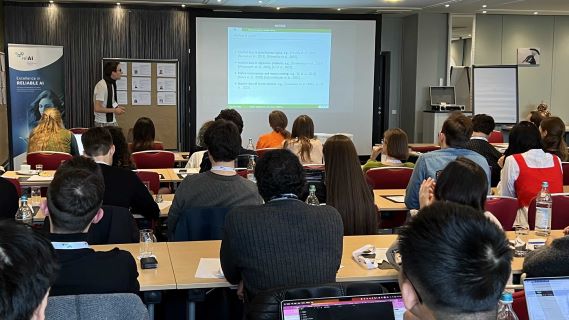
The first group discussion session dealt with research topics suggested by fellows and students. The presentations of the discussions’ outcomes showed the intensity and depth with which these discussions had been conducted. The second round of discussions focused on relAI organizational topics such as the relAI Blog and Alumni and were very productive. They were presented on the last day of the retreat with amazing outcomes, including a newly founded student committee to coordinate the new relAI blog, and a student representative responsible for building a relAI alumni network. The election of new student representatives and IDP discussion sessions rounded off two very successful days.
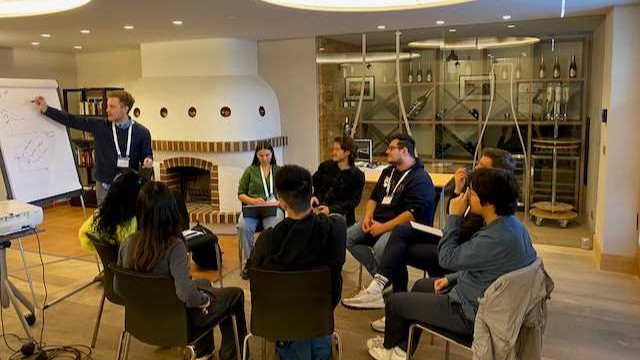
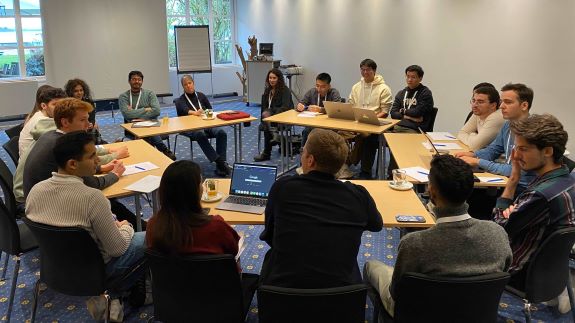
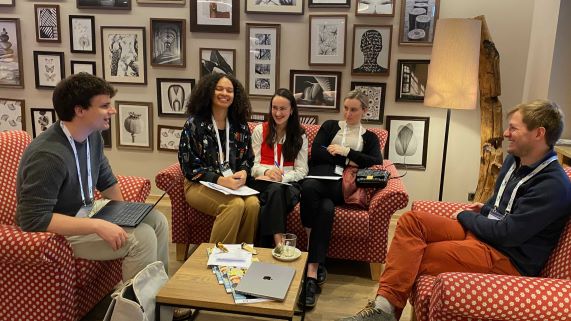
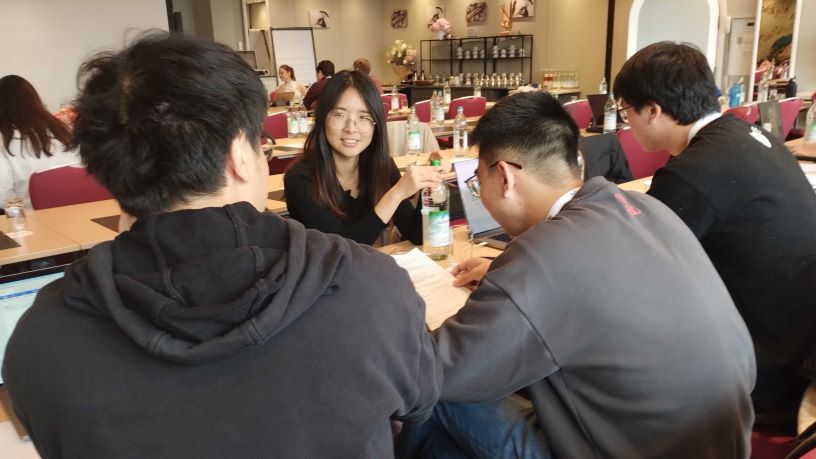
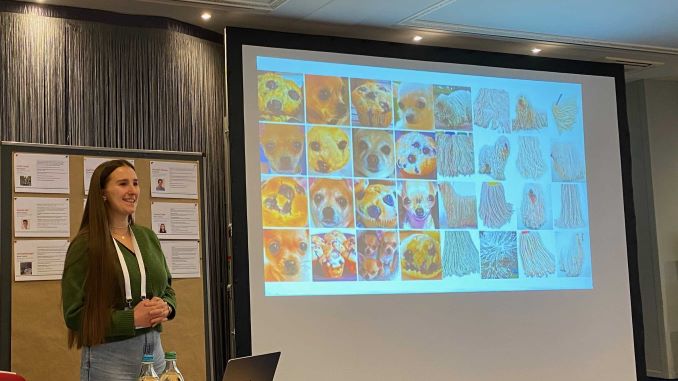
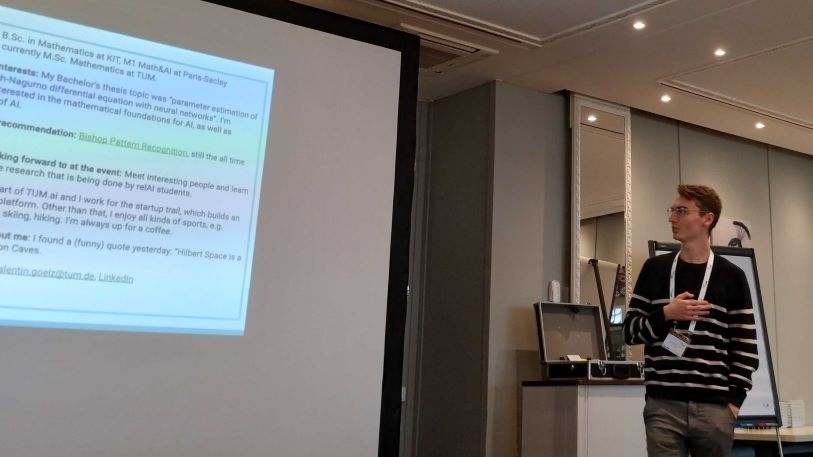
Although the weather was very much November-like, everyone enjoyed the talks, fruitful discussions and social activities in this great location. The preparations for the next retreat have already started; it will take place in summer 2024 and we’re looking forward to gathering the relAI family again.
